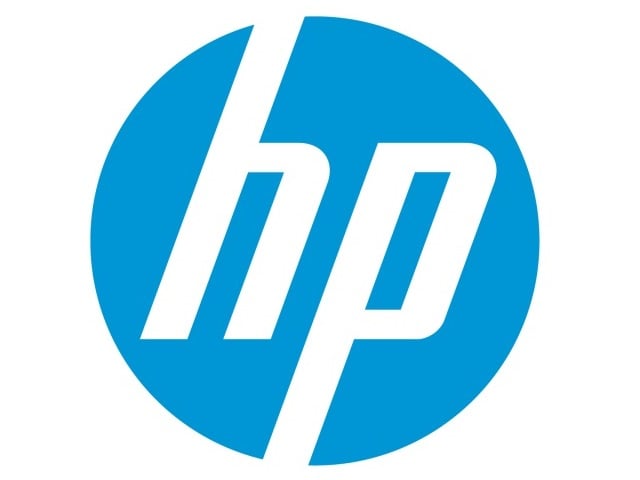As many has 16,000 workers will be cut by Hewlett-Packard Co. (NYSE: HPQ), an addition to a long list of layoffs that over the years has stretched into the tens of thousands. And the cuts may well not be over. Source: Wikimedia Commons
Source: Wikimedia Commons
HP revenue fell again in its most recently reported quarter, by only 1% to $27.3 billion, compared to the same period of last year. Net income actually increased from $1.1 billion to $1.3 billion. But a closer look at the figures shows how much trouble is brewing for the future.
The parts of HP that are supposed to be falling apart have stabilized. Personal systems revenue (which comes from PC sales) rose 7%. Printer sales dipped, but only by 4%.
HP’s strong prospects are supposed to be in enterprise computing, the business that drives revenues from relationships with large companies. That business competes with Oracle Corp. (NASDAQ: ORCL) and International Business Machines Corp. (NYSE: IBM) (which itself is struggling). However, the enterprise segments of HP are shrinking. Enterprise group sales dropped 2% and enterprise services dropped 7%. For HP to thrive, these businesses need to grow rapidly.
HP cut 24,000 workers after its early foray into the enterprise sector, which was accomplished through its buyout of EDS in 2008. Enterprise departments took most of the brunt of another 29,000 layoffs announced in 2012. If sales from these enterprise operations do not improve as HP clearly planned they would, the cost cutting has not ended.
One reason HP has diversified away from PCs and printers is that enterprise margins are supposed to be better that the ones in these hardware operations. For HP, that has not turned out to be the case. Enterprise group margins were only 14% last quarter. Enterprise services margins were less than 3%.
After the current round of layoffs, HP will still have approximately 300,000 employees. That is too many for a company with future growth that is still seriously in question.
ALSO READ: Companies With the Best (and Worst) Reputations
Essential Tips for Investing: Sponsored
A financial advisor can help you understand the advantages and disadvantages of investment properties. Finding a qualified financial advisor doesn’t have to be hard. SmartAsset’s free tool matches you with up to three financial advisors who serve your area, and you can interview your advisor matches at no cost to decide which one is right for you. If you’re ready to find an advisor who can help you achieve your financial goals, get started now.
Investing in real estate can diversify your portfolio. But expanding your horizons may add additional costs. If you’re an investor looking to minimize expenses, consider checking out online brokerages. They often offer low investment fees, helping you maximize your profit.
Thank you for reading! Have some feedback for us?
Contact the 24/7 Wall St. editorial team.



